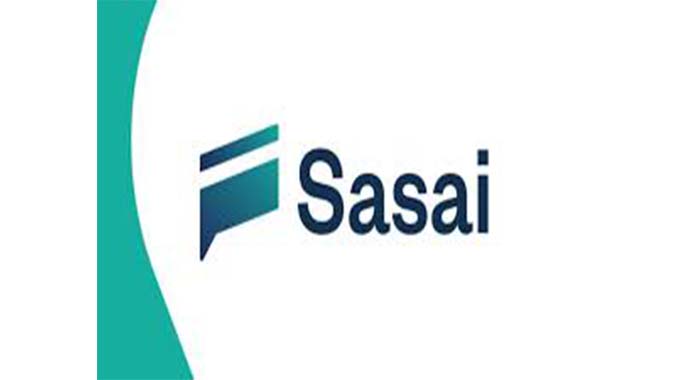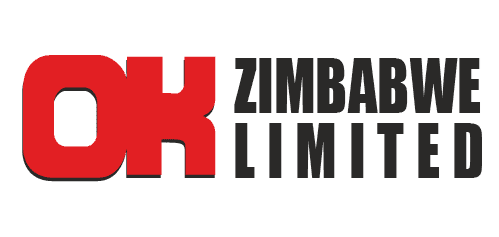OK engages Govt over IMTT impact
Zimbabwe’s biggest retail chain – OK Zimbabwe Limited, says it is continuing discussions with authorities on the negative impacts of the intermediated money transfer tax (IMTT) on formal businesses, including its own operations, pointing out that the transaction tax is putting pressure on margins.
The group earlier highlighted that growing overheads mostly as a result of the IMTT –also popularly known as the 2 percent tax- staff costs, electricity charges, rentals, bank charges, cleaning expenses and security charges are the cost lines that contributed most significantly to overheads growth.
Formal businesses have bemoaned the negative effect of the 2 percent tax on profitability since its introduction calling for relief measures, including making it deductible for income tax, against the tax they claim is adding to the catalogue of issues in an already challenging business environment characterised by inflationary pressures and exchange rate volatility.
“The business continues to engage authorities on the adverse effects of the IMT tax on formal
businesses,” said OK in a trading update for the quarter to June 30, 2022.
The Government has, however, previouslsy indicated it may review the IMTT, but stressing this
would not happen in the short to medium term.
Finance and Economic Development Minister Professor Mthuli Ncube told businesses, economists
and stakeholders after the post 2022 national budget statement presentation last year that the
Government was cognisant of business concerns over the tax, and would look into reviewing it as
per industry requests.
However, the review will not come immediately as the Government still has a lot of projects and
programmes that require funding of which the IMTT has been the major source of the requisite
financial resources.
This also comes at a time the 2 percent tax head is making a significant contribution to the
country’s revenue collections and helping the Treasury. According to the Zimbabwe Revenue
Authority, the 2 percent tax was the fifth biggest contributor to revenue in 2021, accounting for
9,64 percent of the taxes collected.
Meanwhile, OK Zimbabwe reported sales volumes for the quarter grew by 1 percent against prior
year. Sales values increased by 237 percent from prior year in historical terms and grew 40 percent
in inflation-adjusted terms.
While stores are reasonably stocked, the group continues to experience temporary supply gaps on
some key volume drivers as the operating environment remains challenging which erodes
competitiveness.
Said OK: “The willing buyer willing seller interbank market exchange rate against which formal
businesses are required to benchmark pricing is not as attractive as the rates offered in alternative
unregulated markets.
“This continues to impact competitiveness of our US dollar prices, impacting foreign currency
collections.
“Interest rates were increased to 200 percent with effect from 1 July 2022, including on debt
arrangements entered into before that date. This has made borrowing costs excessive resulting in
liquidity pressures across the entire supply chain.”
For the quarter under review, profit margins remained consistent with prior year and in line with
the group’s plans for the current year. The group recently issued a cautionary statement of a
potential restructuring of the company that may result in its unbundling into a group of
companies.
Despite market wide liquidity challenges, the business remains on sound footing and has in place
measures to cover not only all working capital needs, but also planned capital expenditure in line
with its growth strategy.-The Herald










